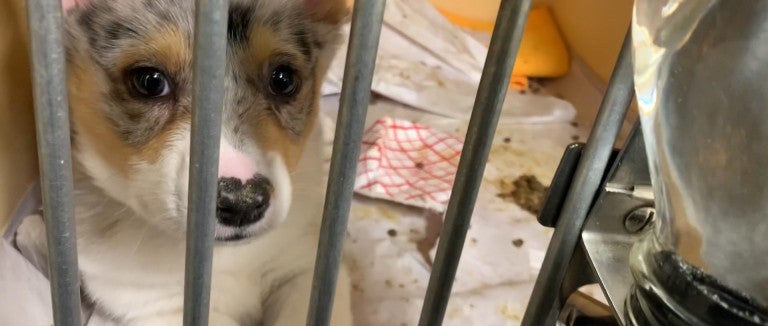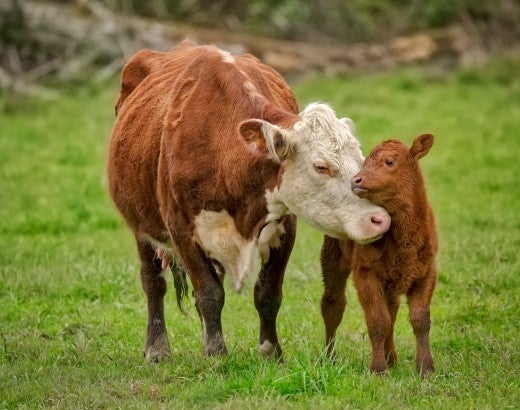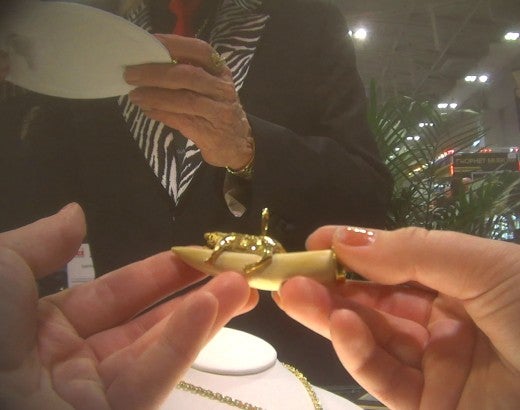Imagine having to work in a roadside zoo, a pet store selling puppy mill puppies, a slaughter plant or a factory farm without ever being able to show your true feelings. Would you ever be able to walk alone among hundreds of dead animals at a wildlife killing contest, surrounded by people carrying high-powered rifles in their nearby trucks? Could you keep a camera steady while a horse trainer puts caustic chemicals on the legs of chained show horses? How would you cope with seeing dogs, primates, rats and mice, day after day, having toxic substances shoved down their throats, or chimpanzees in cages so small that they have lost their minds?
These are the kinds of dilemmas that our investigators here at the Humane Society of the United States must confront in their pursuit of evidence that will, we hope, halt the suffering, neglect and abuse of animals. Understandably, this kind of animal protection work is not for everyone. It takes individuals of a certain mettle to accept the emotional burdens and the practical challenges of gathering the documentation and images we use in our campaigns.
No matter what issue we’re taking on, we need facts and evidence to make our case. Our undercover investigators surface deeply disturbing truths about what happens to animals in places most of us will never see, lifting the veil of secrecy surrounding many of the wrongs we’re trying to right. In doing so, they lay the foundation for some of the most important public policy, industry and corporate reforms we are advancing.
Maybe you’ve seen the results that such investigations produce. Our exposé of animal abuse at a slaughtering plant paved the way for pioneering state legislation and stronger federal standards to improve the treatment of animals used for food. An investigator’s nine-month stint in a laboratory turbocharged our campaign to ensure permanent retirement for chimpanzees from research and testing. Our hidden camera captured trainers using harsh chemicals on the legs of Tennessee walking horses, alerting millions of Americans to the cruelty of “soring,” and led directly to the introduction in Congress of the Prevent All Soring Tactics Act. A series of pet store investigations have helped to expose the realities of the puppy mill pipeline that causes animals and consumers so much misery.
The job can be as lonely as it is difficult. We do all that we can to support our investigators in the field, but they must also rely on their individual skills and temperament, and their mechanisms for coping with the situations they confront. They’ve got to guard their personal feelings in the interests of getting hard facts about animal suffering and abuse. They’ve got to act with confidence that countless others who see the documentation they produce will act to end the cruelty they’ve exposed.
I know this world. My first job at the HSUS was in investigations, and I know firsthand what we ask of our investigators and what they deliver. For the most part they remain anonymous and do not usually get a chance to share their personal views. Today we wanted to give several of them an opportunity to do so (note that we’ve changed their names to protect their identities).
“I was told from the beginning, in depth, what the job would entail, by my boss and other investigators. But being told, and seeing and experiencing it in person, are two different things. … I wasn’t prepared for the emotional and psychological toll it would take. The cruelty witnessed on a daily basis, being away from friends and family for long periods of time, physically and psychologically exhausted, are all things that can be explained, but are much harder to live with. What the public sees in a few minutes of video is only a tiny portion of what we as investigators, and the animals in these places, experience every day. I will do this job as long as I can, because I will never be able to make an impact like this in any other way.”-Molly
“When I started, I was asked to watch factory farm videos, laboratory videos where dogs were used in toxicology studies and more. I'd like to say I knew what I was getting into but I was wrong. This job is much more than what I envisioned it to be—it is the most rewarding job I have ever had. I want people to know that behind every undercover investigation is a person who has poured his/her soul into it. The produced videos you see don't show the endless amounts of tears and heartache that investigators face while on the job. Although this job is incredibly rewarding, there are some things that are hard to "unsee" and they stick with us forever. We're told most investigators don't last long due to the "burn out" factor but for me, if I could continue to help save the animals by exposing some of the worst cruelty, I would do it until my last days.” - Amy
We are lucky to have such individuals in our midst. The universe of animal suffering is large, and the perpetrators of cruelty are many. The sympathy of the public for our cause is strong, but awareness must be cultivated.
It is natural enough for those who explore our investigations channel to ask themselves: Could I do that? For most of us, the answer is no, and we find other ways to support the cause. Our investigators bridge the gap and brave the sorts of things that would break many of us. In the end, however, we all stand together in the fight to expose animal cruelty—wherever we find it—and stop it.



